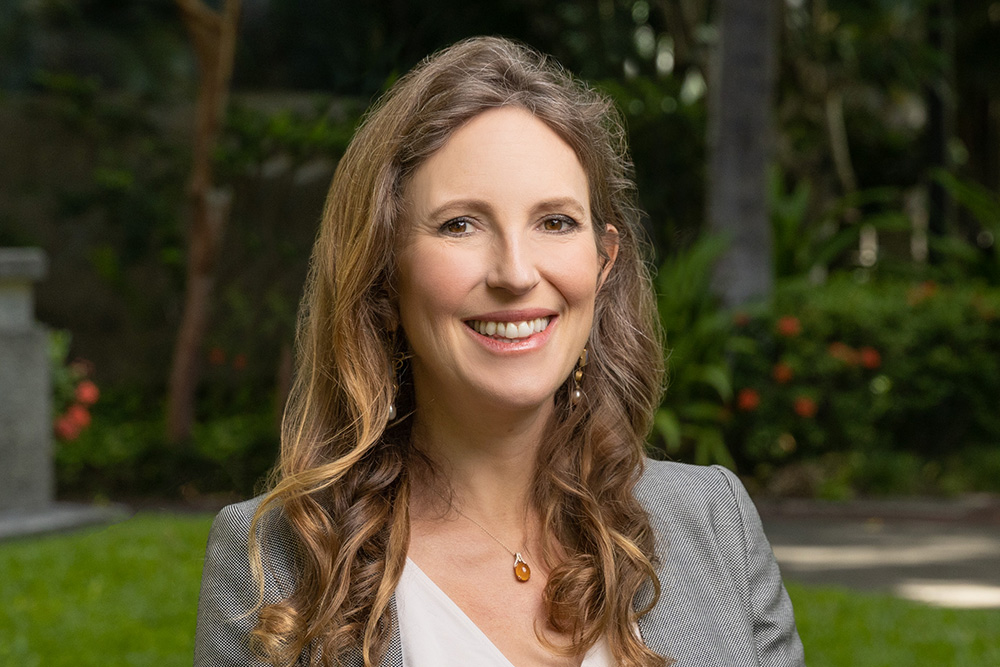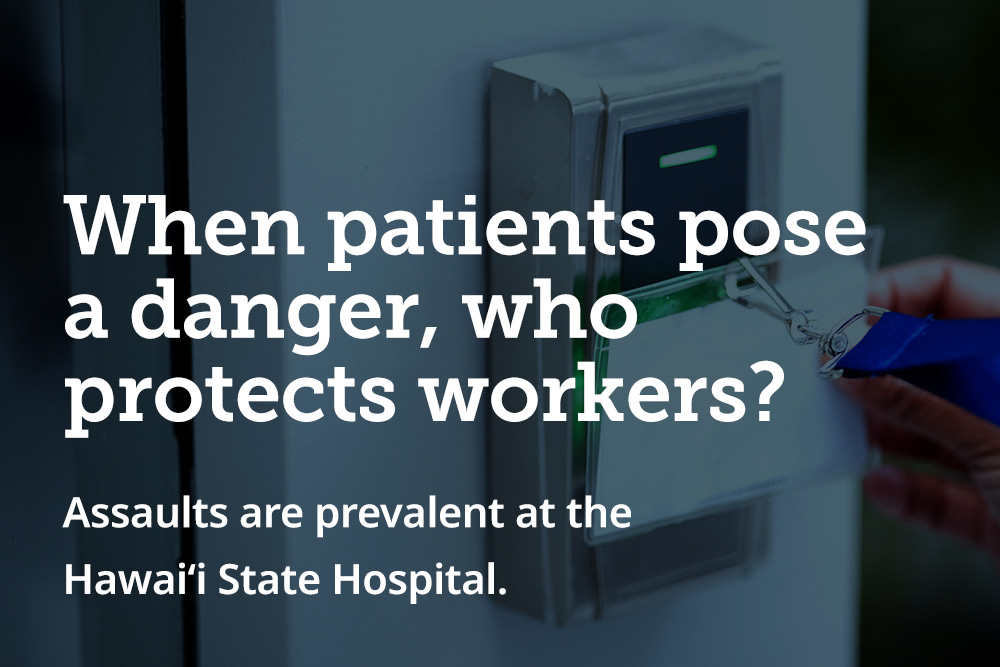Recent reports of false checks issued by suspicious third parties using the DeRobertis & Waxman name alarmed our firm. We do not issue these types of checks or any kind of reimbursement installation checks. We are monitoring the situation and wish to strongly warn potential victims against this money scam and encourage them to report it to authorities.
Fake check scams have become increasingly common. (See this “Anatomy of a Fake Check Scam” from the FTC). In them, victims receive counterfeit checks in the mail that claim to have been issued as compensation for an offer, service, benefit, or even a settlement. Recipients are asked to deposit the check in their local bank. Scammers often pressure the unsuspecting victim to make the deposit quickly. Then the recipient must immediately spend or wire some of the newly available money and keep the rest as a prize or compensation. However, the fraudulent checks are returned to the bank as counterfeit or fake within a few days, leaving the recipient liable for funds they have already spent.
If you have received one of these fraudulent checks, contact the Federal Trade Commission, the U.S. Postal Inspection Service, or state Attorney General or consumer protection office. Visit www.naag.org for a list of state Attorneys General. If you are unsure if a check is fraudulent, call the issuing bank and your own bank to verify the account and availability of funds. Remember, if someone you don’t know sends you an unexpected check and asks you to send some of the money to another person you don’t know: It’s a scam.
Here are some common forms of the fake check scam:
- Some ask victims to wrap their car in advertisements, but part of the payment must first be wired to the wrap installation company’s bank account.
- Other victims receive a check for work-from-home employment and are asked to wire a portion of the money for office supplies to get set up.
- Still, others claim victims have received a grant, prize or settlement for a lawsuit, but they must return part of it in the form of a money order to pay for fees and taxes. At Galiher DeRobertis & Waxman, fees and expenses are always deducted before ever issuing a settlement check.
- Additional reports note some victims receive checks that must be spent purchasing gift cards while working as a “secret shopper.”
- These aren’t the only types of fake check schemes out there but are some of the most common ones.
Scammers are involved in many different practices to try and obtain sensitive information from and take advantage of everyday people. Avoid these dangerous types of scams by adhering to common sense privacy guidelines:
- Protect your personal information
Be on the alert for anyone asking for your personal information — bank accounts, social security number, or otherwise. Keep in mind that email addresses and caller ID information can be misleading or even fake. If you have been contacted by a person or company you do not know, and share your personal information with them, you could become a victim of identity theft. - Beware of “free money” offers
Nothing comes for free. Remember this simple saying when you are ever offered seemingly “free” or no-strings-attached money. Whether it’s in the form of a prize, shopping spree, loan, or employment, these offers are most likely a scam. - Never send or wire money to an unknown party
Practice caution when wiring money—especially if you have been contacted by a suspicious or unfamiliar third party. If it is someone you know, get verbal confirmation first before completing the transaction. Promotions offering a prize or personal debt collection often request the wiring of funds. These are most likely scammers who are very skilled at stealing money from unknowing victims.
When you receive any type of request for information or action that you think might be fraudulent—whether via mail, phone, or online—remember to adhere to these guidelines, and always be extremely vigilant.
About Galiher DeRobertis & Waxman
Galiher DeRobertis & Waxman is a nationally renowned personal injury law firm. For more than 35 years, we’ve been a leading advocate for our clients in cases involving mesothelioma, asbestos-related disease, birth defects, pesticide exposure such as Roundup Weed Killer, child sex abuse, catastrophic injury, wrongful death, defective products and fraud on government contracts. To learn more about legal representation at Galiher DeRobertis & Waxman, or to have one of our lawyers provide a free consultation, complete our inquiry form or call us at 888.597.1441.






